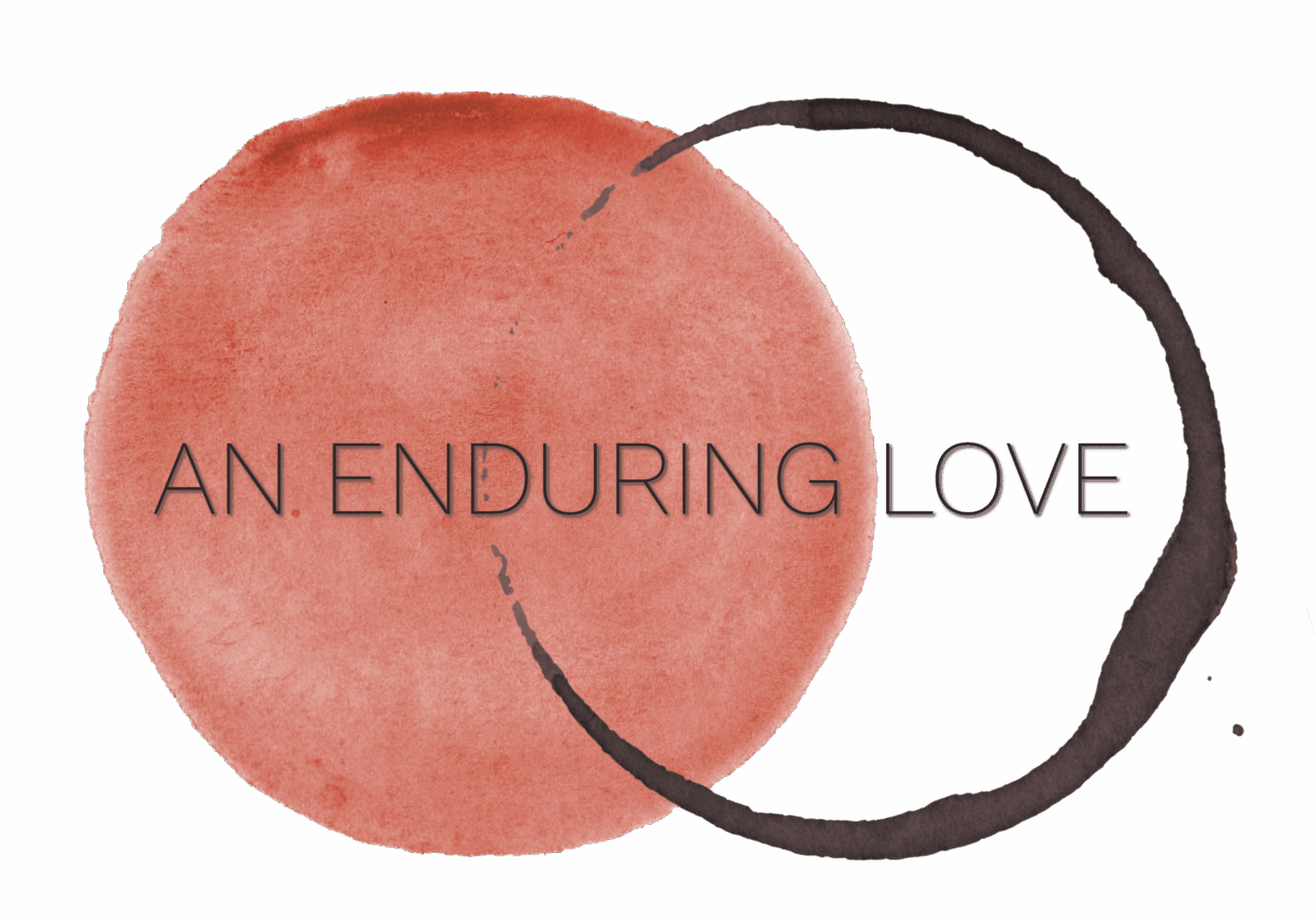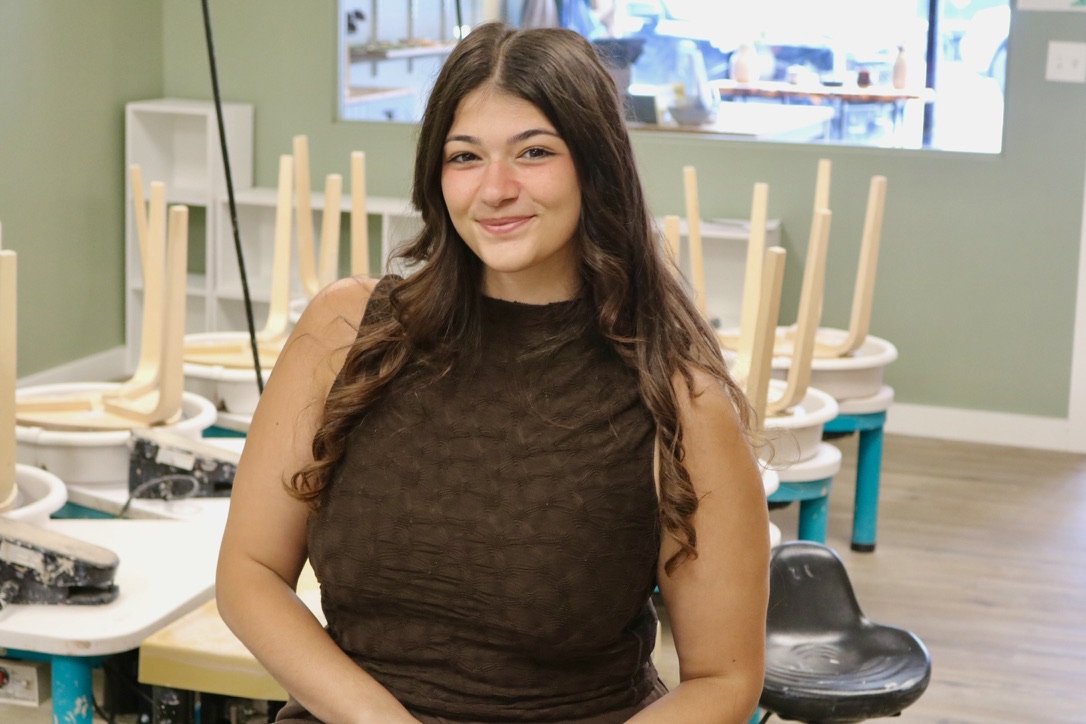We’re excited to introduce you to the always interesting and insightful Rob Colbert. We hope you’ll enjoy our conversation with Rob below.
Rob , so great to be with you and I think a lot of folks are going to benefit from hearing your story and lessons and wisdom. Imposter Syndrome is something that we know how words to describe, but it’s something that has held people back forever and so we’re really interested to hear about your story and how you overcame imposter syndrome.
In practice, I believe imposter syndrome is something which is never really overcome, but rather is managed througout a professional career. For myself, I specialize in Transpersonal Counseling, with an emphasis in Existential Psychotherapy. I work with a range of modalities, however my real passion is working with people through Ketamine Assisted Psychotherapy (KAP). The altered state from a sub-ansesthetic dose of Ketamine can be quite profound. In practice I’ve found that especially at lower doses people can navigate profound existential and psychological realms of their existence. Because the work I do is supportive more than directive, imposter syndrome can come up simply because the altered state experience catalyzed insight and change that I likely could never have guessed though months, or even years of regular talk therapy. For instance, I had a client I worked with who started a few months before the Covid-19 pandemic started. Over the first year we discussed many of his relationships, identities, trauma, and bullying he encountered all througout his life. When in-person services opened back up, we had worked together for about 1 year and we were then able to meet in the office for KAP. It was in his first altered state experience with a low dose of orally administered Ketamine that he was able to relax some of his defenses, and as he integrated the experience that day he revealed one of his most guarded aspects of his life. He shared with me that when he was young, he suffered from Encopresis, which is the involuntary passage of stool, or soiling, in children who are past the age of toilet training (typically after age 4). Most young people who experience encopresis recover by the age of 12, however this person shared that he did not get over the symptoms and gain control of his bowl movements until he was 15. He was able to share this with me, and expressed that he still held a lot of shame from how his peers and family treated him before he was able to retain control of these involuntary expereinces. He was candid that day in lettng me know that he would likely never have shared this information without the altered state of Ketamine, and we worked for another year on integrating the material that this one session opened up before ever doing another KAP session. Imposter syndrome for me came on really quick, I had to confront my own self doubt as a clinician, overcome self blame for not being able to uncover this important aspect of his history, and even sought mentorship and supervision from another KAP trained clinician. We discussed how client defenses are normal, and are often very robust to protect against the most severe psychological material the client holds. I’ve since normalized for myself, that in doing altered states work with KAP I can anticipate material showing up that otherwise could have remained protected, hidden, or dormant within the clients psyche. I have also normalized that sense of imposter syndrome coming up as I witness and support lightyears of change for clients in KAP, who often reveal material that I could not have brought about through years of ongoing talk therapy. Am I an imposter? Not likely, however even as a trained, well prepared, and well versed KAP clinician, I can invite the experience in as a sense of wonder at how incredibly impactful our jobs as clinicians in mental health can be. Managing imposter syndrome is an ongoing project, especially in altered states work, and at this time I’m not sure it will ever entirely be overcome.

Thanks for sharing that. So, before we get any further into our conversation, can you tell our readers a bit about yourself and what you’re working on?
As I have developed and molded my own private practice with Ketamine Assisted Psychotherapy, I have found a renewed passion for training and educating clinicians in altered states modalities. I’ve developed course work on Theories of Psychedelic Therapy, and work as a training consultant and faculty for several organizations. In Colorado it is exciting to have the Natural Medicine Health Act, and being able to work and support Elemental Psychedelics, a woman owned, women lead training organization which is helping to steward in the profession of Psilocybin Assisted therapies for both clinicians and non-clinicians here in CO. We have been fortunate to be able to share and train professionals in other states to do Ketamine Assisted Psychotherapy, giving trainings in Texas, Wisconsin, and later this year in Utah. This year I am also honored and excited to be speaking on a panel at the Psychedelic Science conference in June 2025, speaking on Friday June 20th at 3:15pm. The panel topic is a chance to share some of my nonprofit and harm reduction work, and is titled Stronger Together: How Communities Can Build Systems of Care for Safety and Resilience.
Looking back, what do you think were the three qualities, skills, or areas of knowledge that were most impactful in your journey? What advice do you have for folks who are early in their journey in terms of how they can best develop or improve on these?
For myself, leaning into my own identities, learning more about my own ancestry and lineage, and working to highlight and support the gifts and talents I have throughout my education and training has paid off the most. By exploreing more deeply who I am, I have been able to promote my best qualities and address my biggest growth edges for becoming a clinician. My advice for new and developing folks, if a modality does not fit, do not waste time trying to make if fit, instead look for and pursue modalities which excite you, which come naturally, which promote your gifts and talents, and specialize in those to save both time and hassle.

Awesome, really appreciate you opening up with us today and before we close maybe you can share a book recommendation with us. Has there been a book that’s been impactful in your growth and development?
For me, it is more one author than just one book which as been impactful on my development as a clinician. Stanislav Grof is formidable pillar in the field of Transpersonal Counseling Psychology, and the first book I read, Spiritual Emergency: When Personal Transformation Becomes a Crisis, sparked an important journey for me into the realm of altered state experiences. In a rapid succession of reading inspiration, I followed up with several of his other books, The Stormy Search for the Self: A Guide to Personal Growth through Transformational Crisis, Healing Our Deepest Wounds: The Holotropic Paradigm Shift, and last but not least, The Holotropic Mind: The Three Levels of Human Consciousness and How They Shape Our Lives.
Contact Info:
- Website: www.enduringlovetherapy.com; www.thenowaksociety.org
- Linkedin: https://www.linkedin.com/public-profile/settings?trk=d_flagship3_profile_self_view_public_profile
so if you or someone you know deserves recognition please let us know here.




